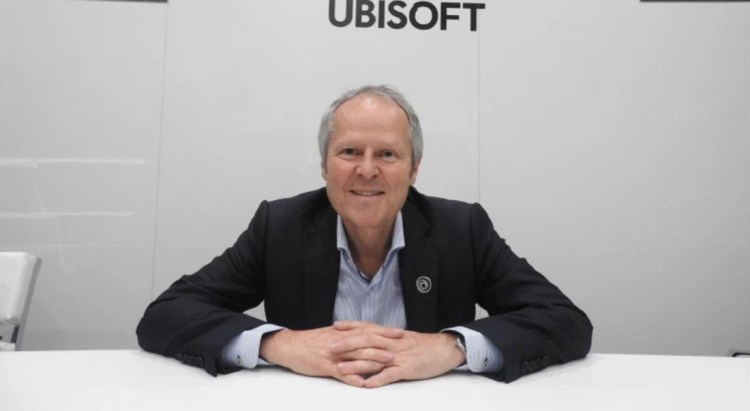Ubisoft is announcing today that French multimedia conglomerate Vivendi is selling all of its shares in the game maker. This ends Vivendi’s bid to takeover Ubisoft.
As part of this agreement, Vivendi will get 2 billion Euros (approximately $2.45 billion). That money will come from a variety of existing and new investors in Ubisoft. The publisher itself is buying back stocks, Ubisoft chief executive Yves Guillemot’s own Guillemot Brothers SE business is also acquiring some of the stock from Vivendi. New investors include the Ontario Teachers’ Pension Plan and Chinese multimedia internet conglomerate Tencent.
Vivendi purchased its Ubisoft shares for a total of 750 million Euros over the last several years, and this exit has netted it a huge profit. But Ubisoft is finally free from the Vivendi threat, so Guillemot is also happy.
Ubisoft plans to buy back shares from investors who want to sell for the same price as Vivendi.
June 5th: The AI Audit in NYC
Join us next week in NYC to engage with top executive leaders, delving into strategies for auditing AI models to ensure fairness, optimal performance, and ethical compliance across diverse organizations. Secure your attendance for this exclusive invite-only event.
“The evolution in our shareholding is great news for Ubisoft,” said the Ubisoft CEO. “It was made possible thanks to the outstanding execution of our strategy and the decisive support of Ubisoft talents, players and shareholders. I would like to warmly thank them all. The investment from new long-term shareholders in Ubisoft demonstrates their trust in our future value creation potential.”
A big part of this story is Tencent’s march toward acquiring more of the worldwide gaming industry. It already owns League of Legends creator Riot, it holds 48 percent of Unreal Engine and Fortnite developer Epic, and it acquired Clash of Clans studio Supercell for $8.6 billion in 2016.
Ubisoft is referring to Tencent as a “long-term” investor, and that is how it tends to handle these deals. As with other Chinese companies, Tencent prefers to acquire a minority share in a successful business so it can let the company continue to operate as it always has.
That does not mean Tencent will not lend some help to Ubisoft going forward.
“The new strategic partnership agreement we signed [with Tencent] will enable Ubisoft to accelerate its development in China in the coming years and fully leverage a market with great potential,” said Guillemot.
And Ubisoft is in a strong position to benefit from Tencent. China is the biggest gaming market in the world in terms of spending, and it is also impenetrable due to burdensome regulations on foreign media and Tencent’s near monopoly on software distribution. To even get into the country, the Chinese government forces developers to get a domestic publishing partner as a sponsor.
Well, now Tencent can act as Ubisoft’s sponsor, and that could enable the company to expose its popular online shooters like Tom Clancy’s Rainbow Six: Siege and the upcoming Division 2 to a huge and important market that was difficult to capitalize on up to this point.


